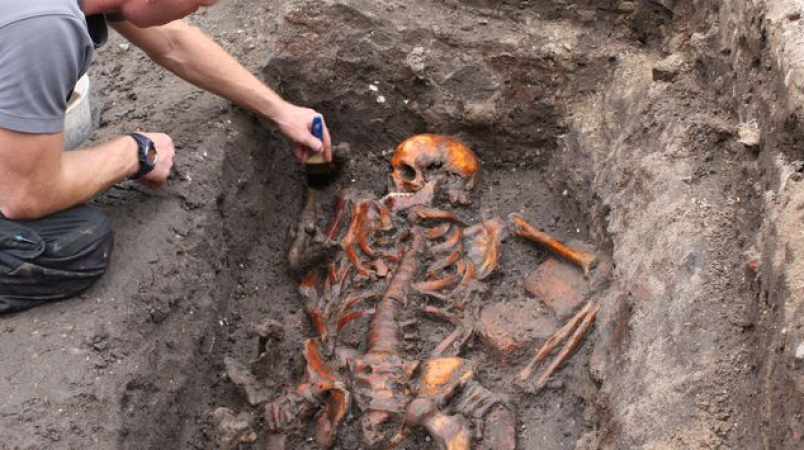
In a remarkable breakthrough, a collaborative team of researchers from the University of Nottingham and University College London has successfully unearthed pathogens from teeth dating back 800 years. The groundbreaking study, published in the journal Nature, employed an innovative technique known as affinity purification to uncover antibodies and their corresponding pathogens.
The researchers conducted their analysis on teeth sourced from a medieval burial ground in England. Intriguingly, they detected antibodies that exhibited recognition of the Epstein-Barr virus (EBV), responsible for glandular fever. EBV, a virus widely prevalent today, is suspected to have existed for centuries, with the newfound evidence offering a window into its historical presence.
Crucially, the researchers posit that these antibodies were inherited maternally, hinting at the circulation of EBV within the population even eight centuries ago.
Also Read: Unlocking the Power of Lyrics: YouTube Music's Latest Game-Changing Update
The implications of this study are profound, as they contribute fresh insights into the evolution of human antibodies and the intricate immune system. Furthermore, this newfound knowledge holds promise for the development of novel therapies targeting EBV and other viral infections.
Here's a breakdown of the scientific process leading to the extraction of ancient pathogens from the 800-year-old teeth:
The research's significance lies in its potential to revolutionize our understanding of human antibodies' evolutionary journey and the nuanced immune system. Beyond its theoretical implications, the study holds practical promise for the development of advanced interventions against EBV and an array of other viral assailants.
Also Read: Is it Okay to Wear Earplugs to Bed?
The study's authors remain optimistic that their revelations will pave the way for innovative strategies in both the prevention and treatment of infectious diseases. In the pursuit of further insights, the team aims to extend this method to the study of other pathogens, encompassing bacterial culprits like those responsible for tuberculosis and pneumonia. This scientific voyage not only extends our understanding of history but also propels us into a future enriched with novel medical advancements.